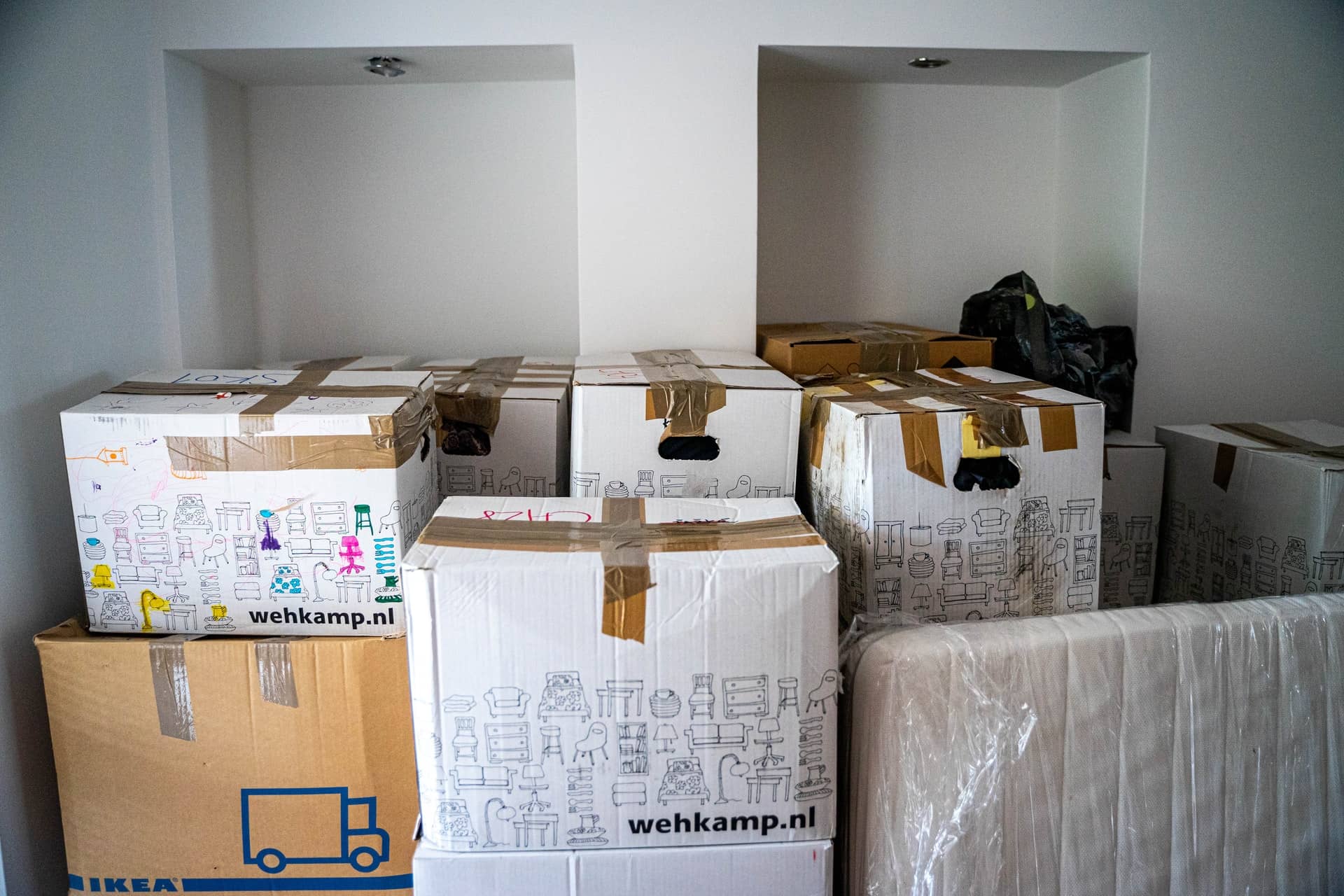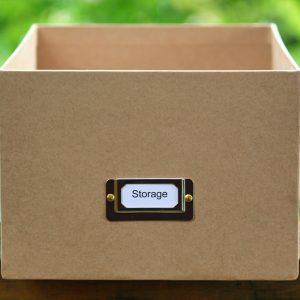Table of Contents
Moving into a new home is quite exciting. You get to choose your new furniture items, plan what to DIY, pick the type of décor and color accents for the place, and do similar planning.
However, as you build up the excitement toward your moving day, you might tend to pack almost every item in your old house and move them into the new one. While you might think this is a savvy way to shop less after you move, carrying all your previous stuff may be quite impractical.
Moving 101: Ways to reduce junk
To organize and experience a smooth move-out, you have to cut down on clutter. The fewer things you’ll pack and transport, the more money, time, and energy you’ll save. Think about it—you wouldn’t want to pay for these items only to find out, later on, they’d just take up space in your new home.
Ways to minimize clutter when moving
If you’re wondering how to tackle your home decluttering process, take heed of the guide below.
Sort out your possessions
If you shop frequently, you surely have a lot of collectibles and personal essentials in your home. While you might think all these are important, it’d be best to look into each item and classify them under objects to keep and things to toss.
However, unlike your small household items, your bulky and broken appliances can’t simply be thrown immediately. If your local trash collector doesn’t come frequently, you can drive these things to the nearest recycling shop to repurpose them.
Alternatively, you can tap into rubbish collection services in your community. For instance, service providers like Same-Day Rubbish Removal and other similar businesses can come to your home and remove and dispose of your junk immediately.
Downsizing would help you reduce the amount of litter before, during, and after you move in. If you’re quite unsure, you can have a ‘maybe’ box where you place items you’re not ready to part with. But make sure to finalize your decision on whether to keep or throw them away before you’re move-in day. See if you’re still using these items for a span of three days to a week. If you’re not, it’s a definitive sign you should throw, donate, or sell them.
Factor in your new space requirements
Another way to reduce clutter as you move in is to gauge your new home’s size and consider your budget. You might have things that wouldn’t fit into your new space, especially if it’s small.
For instance, if you have a small bedroom in your new home, you might have to think about whether it’d be practical to take your big mattress with you. If you plan to include it, you would have to leave your other bedroom furniture to cater to the bed’s size. Then eventually, you may have to purchase and look for multipurpose home items to replace such other furniture to save space.
If shopping for a new dresser, cabinet, shelves, and other storage is out of your budget, and these would only take up more space, consider selling your big bed to buy a smaller one. You can also ask your family if they have a spare bed you can swap with. In this way, you’d reduce the number of things you’ll carry while taking a more economical approach toward your budget.
Check expiration dates
It’s highly likely your pantry, bathroom, and medicine kit contain a few things that are about to expire. Typically, these items are condiments, sauces, makeup concealers, lipsticks, and ointments.
As you pack for your move-in date, make sure to go through all your cabinets to check and get rid of products that are past their prime date. Tossing them ahead helps you minimize the mess before, during, and after you move.
If there’s no expiration date on the packaging, look for added instructions. For instance, some cosmetic products would be best used three years after their production date. Then there are those that’d start to wear out once you’ve opened them.
Donate things to charity
Even if you think your current space isn’t messy, there are at least a few things you can do without as you live in your new home. You might have academic materials, old stuff toys, nonrefundable electronics, outgrown clothes, unused baby items, and other objects you no longer use that are just lying around. If some of them are still in their prime condition, you can donate them to local causes and charities. By doing this, you can give your old things a new home and a new owner.
Final thoughts
There are several and sustainable options to downsize your items to reduce your clutter before, during, and after you move. By following the guide above, you can have an idea of how to make your official moving day stress-free and efficient.





